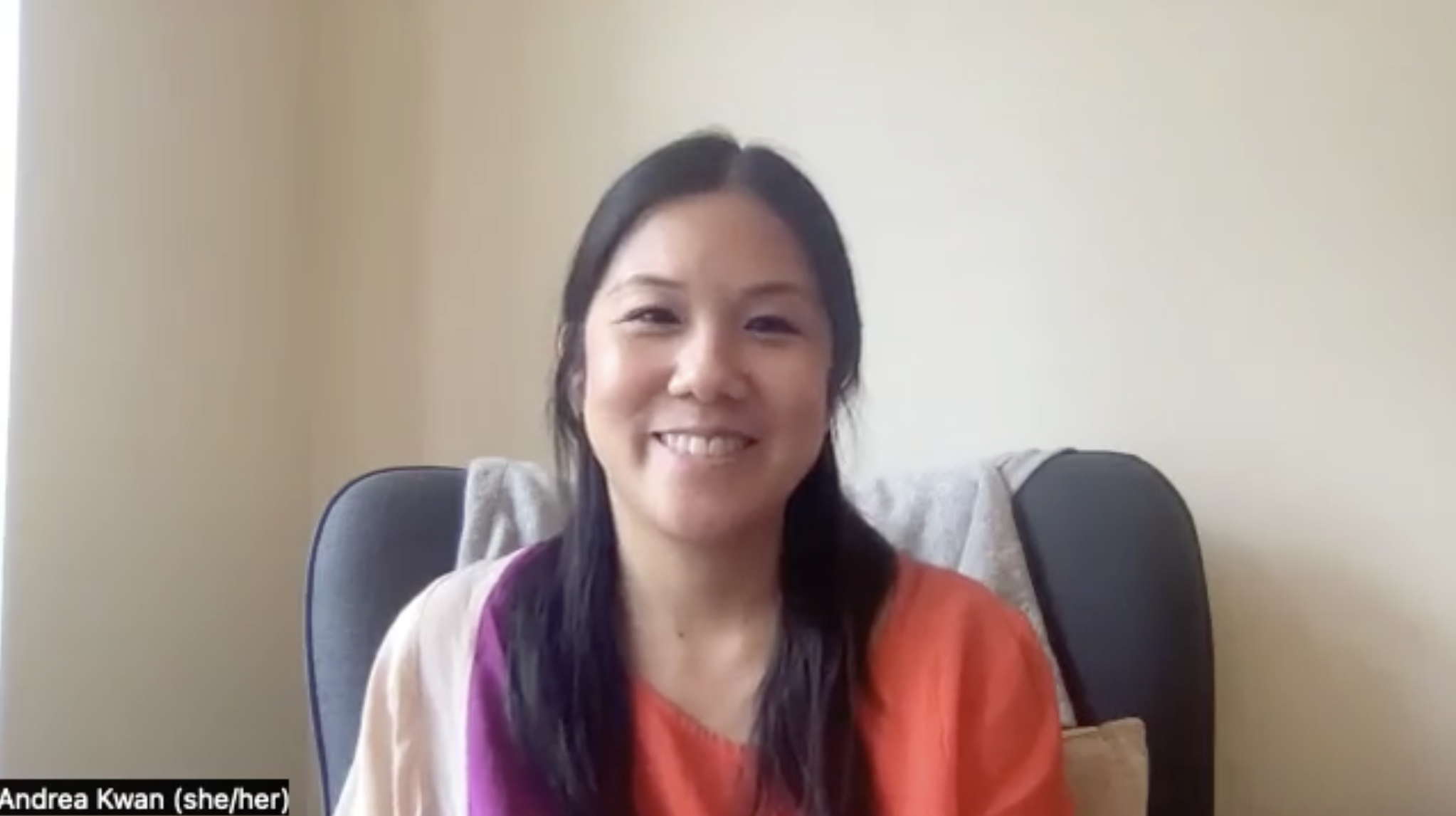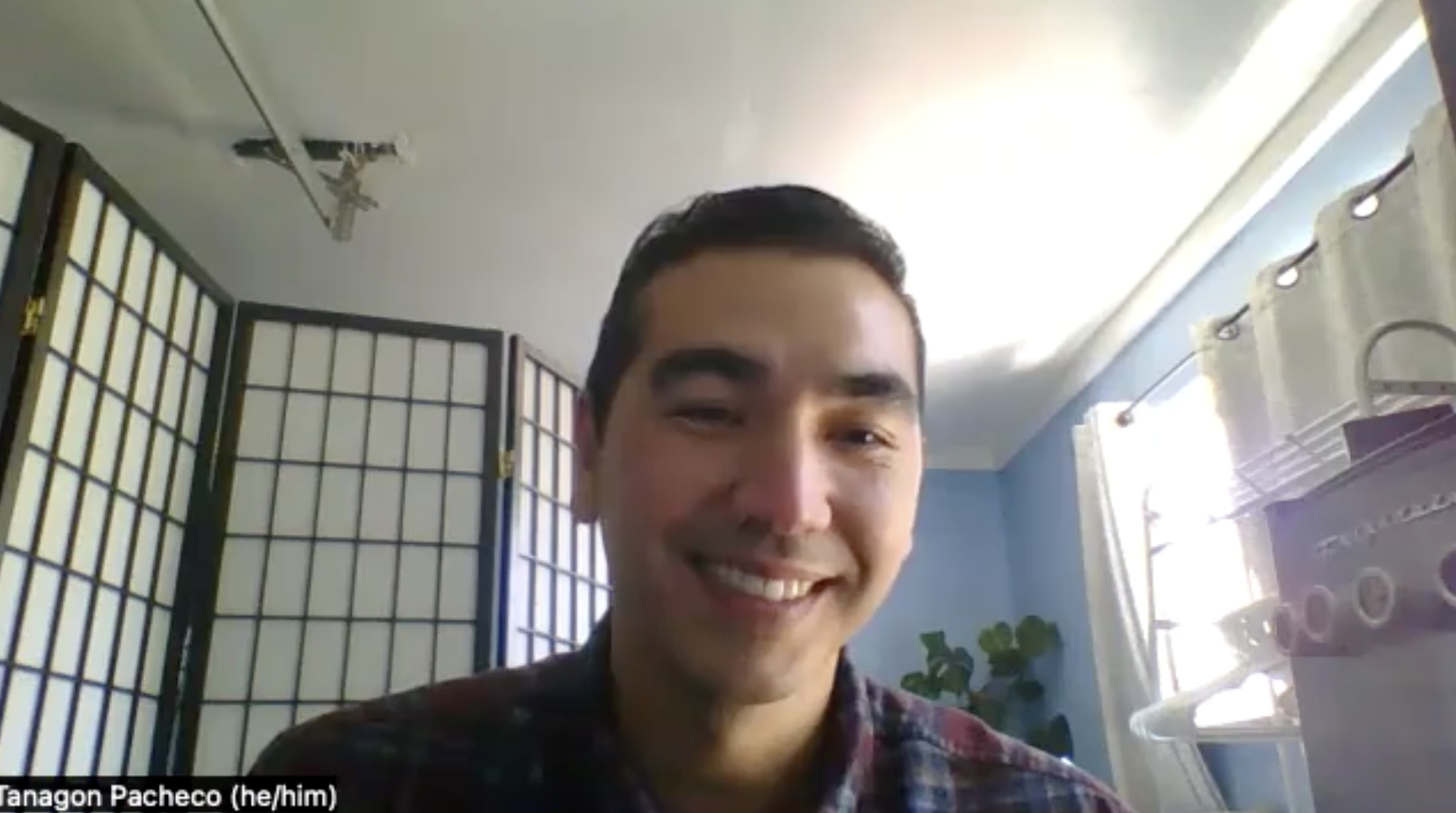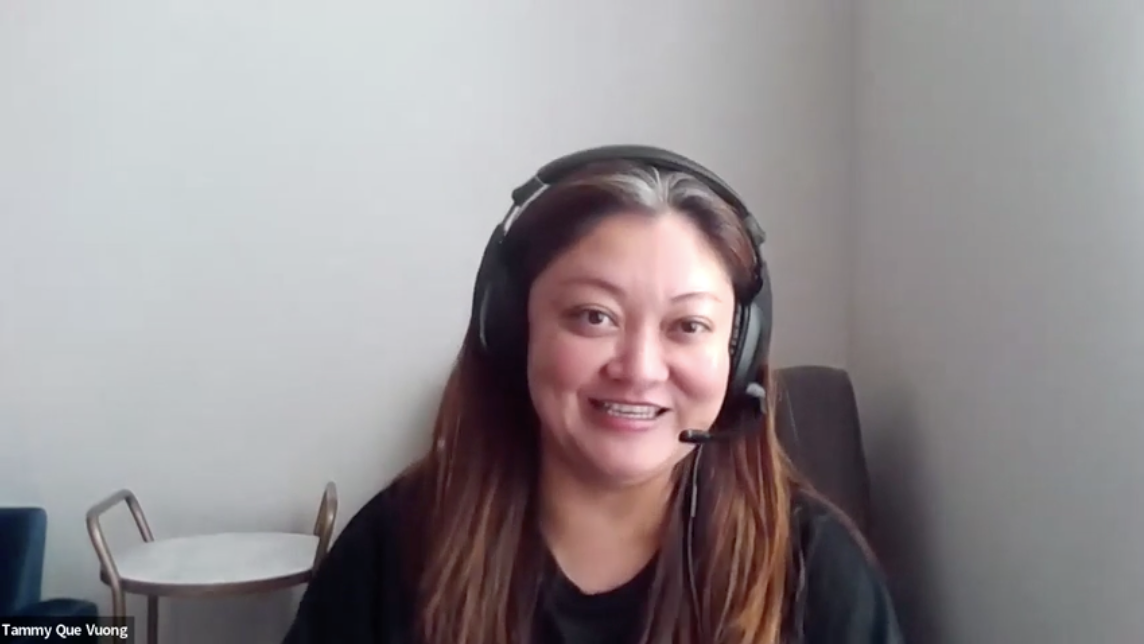Master of Social Work (MSW)

Purpose
- Practice-based profession that promotes social change and empowerment in people and communities
- Focuses on critical understanding of social determinants of health
-
Trained to address the whole person using resources in the community
Program Length
- Masters programs in social work are usually 2 years
-
Requires additional post-graduation hours of supervised clinical or field work
Licensure
- Depending on the state, candidates must accrue between 3000-4000 supervised clinical hours
- Pass the Association of Social Work Boards (ASWB) Clinical Exam
- Pass the state-specific jurisprudence exam, e.g., California Law and Ethics Exam
For more requirements, see the Board website
Program Specialization Examples
- Microlevel – works on the individual level with individual clients doing case management or therapy
- Mesolevel – works on the group level, e.g., with communities
- Macrolevel – works on the government or policy level
- School and educational settings - supports needs of students and school communities
- Children, youth and families - supports children and adolescents
- Adult mental health - focuses on individual therapy across adult lifespan
Work Settings
- Many agencies such as child welfare and human service agencies employ social workers to conduct case management
- School, hospitals, senior centers, community settings
- Private practice
Graduate admissions requirements (in addition to general requirements)
- Passing of a formal background check for field practicum approval
- Experience working in a community setting
- Most programs have general liberal arts coursework requirements (units in humanities, social sciences, biological sciences, and natural sciences)
- Some programs may have specific course requirements such as statistics. It will be important to look closely at each program’s admission requirements.
Example programs (here are some nearby programs and tuition costs):
SF State University School of Social Work
University of Southern California's MSW Program


